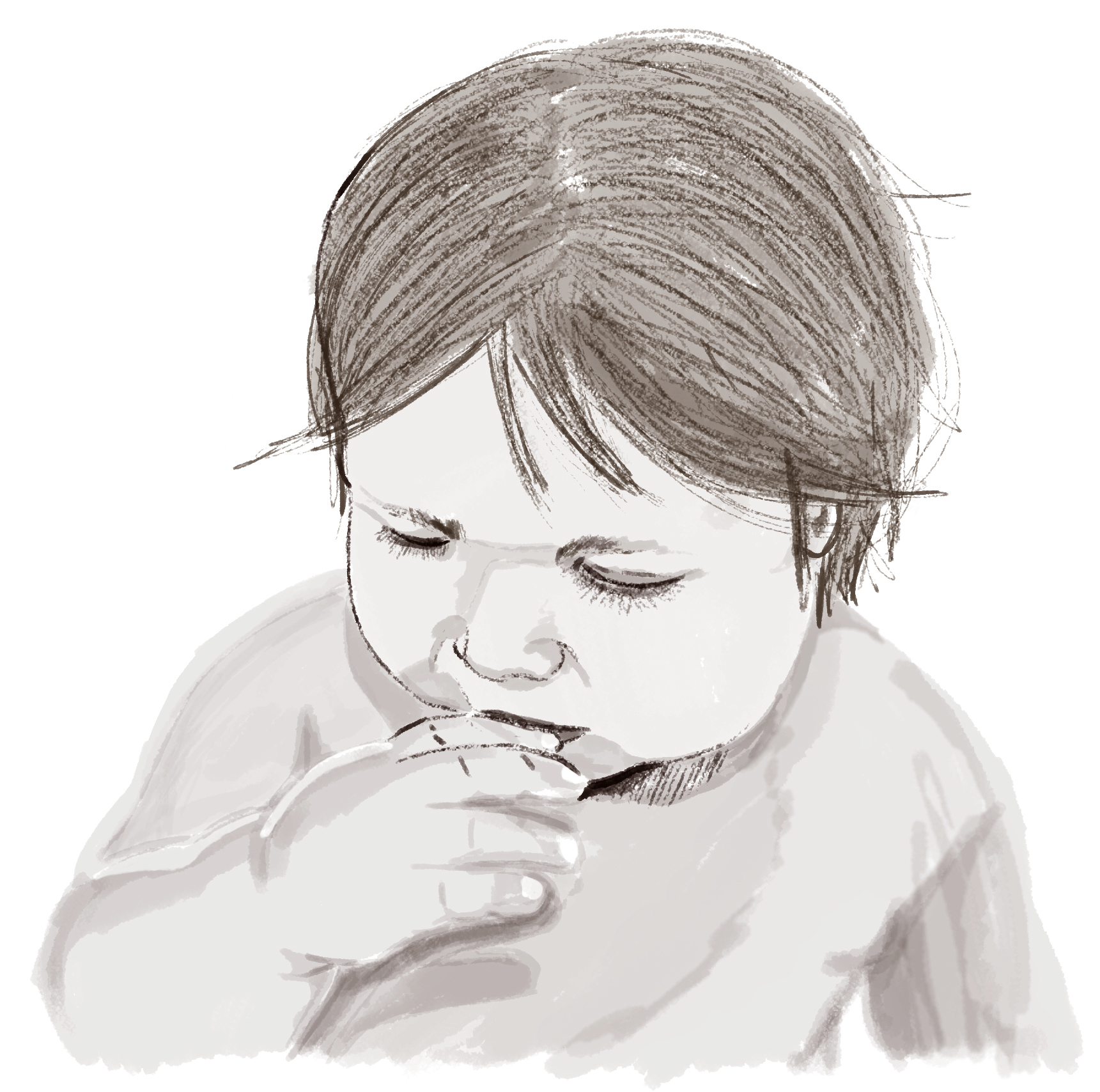The Manitoba Court of Appeal recently ruled that the commission overseeing the inquiry into the death of Phoenix Sinclair is not obligated to release witness interview transcripts to lawyers representing Manitoba Child and Family Services (CFS).
The transcripts come from 85 interviews with potential witnesses to the inquiry and total approximately 12,000 pages.
CFS representatives were originally supplied with summaries of the transcripts. Upon requesting the release of the actual documents, commissioner Edward Hughes refused.
While CFS authorities argued that release of the transcripts is “required pursuant to the Commission’s own Rules of Procedure and Practice and pursuant to the principles of natural justice and procedural fairness,” the Commission of Inquiry insisted the transcripts could not be released because interview participants had been promised confidentiality.
Furthermore, commission officials insist that the release of the documents would have severely delayed proceedings, possibly for several months.
The ruling by the Manitoba Court of Appeal, the province’s highest court, declared that the commission was not required to release the documents on the grounds that the summaries supplied to CFS were sufficient to meet standards of “procedural fairness.”
Additionally, the ruling stated, “The parties never expected to receive more than summaries of the witness’s evidence. They were fully involved in the development of the Commission Rules and made no objection to the disclosure being provided by the way of summaries.”
The ruling is expected to set the inquiry into motion again soon. According to CTV news, a meeting was held between the parties to decide when the inquiry will resume on Oct. 29.
The Commission of Inquiry into the Circumstances Surrounding the Death of Phoenix Sinclair was announced on March 25, 2011 by Attorney General Andrew Swan. Its mandate is to “inquire into the child welfare services provided or not provided to Phoenix Sinclair and her family under The Child and Family Services Act; any other circumstances, apart from the delivery of child welfare services, directly related to the death of Phoenix Sinclair; and why the death of Phoenix Sinclair remained undiscovered for several months.”
By seeking answers to those questions, the inquiry aims to find ways to “better protect Manitoba children” under the Child and Family Services Act.
The commission began public inquiry hearings on Sept. 5 of this year, but those were halted on the Sept. 7 in order for the disagreement over the interview transcripts to be brought before the Court of Appeal.
The inquiry is divided into three phases. The first, when it resumes, will attempt to determine, through cross examination of CFS workers involved in Phoenix Sinclair’s case, what care she was and was not being provided by the agency. This phase will also attempt to understand how it came to be that Sinclair’s disappearance went unnoticed for months.
Phase one is expected to run until the end of December, according to commission counsel Sherri Walsh, as stated in a court transcript from the opening day of the public proceedings.
Phoenix Sinclair was murdered on June 25, 2005, on Fisher River First Nation at the age of five. Her body went undiscovered for nine months, until it was uncovered near Fisher River landfill wrapped in plastic.
Sinclair’s mother, Samantha Kematch, and stepfather, Karl McKay, who led police to the site where Sinclair’s body was buried, were convicted of her murder in 2008. Evidence at their trial showed that Sinclair was subjected to years of abuse, including being shot with a pellet gun and being forced to eat her own vomit. Post-mortem examination of her body revealed “numerous new and old fractures, indicating a pattern of violence against her,” according to the Winnipeg Free Press.
According to inquiry transcripts, Kematch and McKay were both contacted by Walsh and asked, “whether they wanted to seek standing to participate in [the] inquiry,” but both parties declined.



